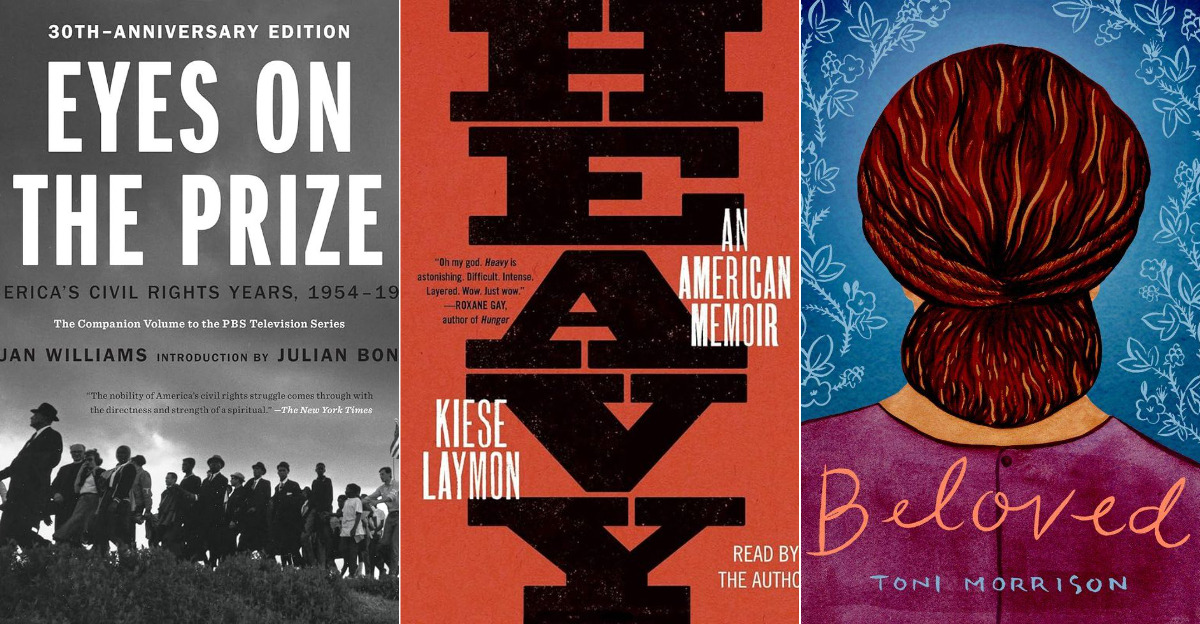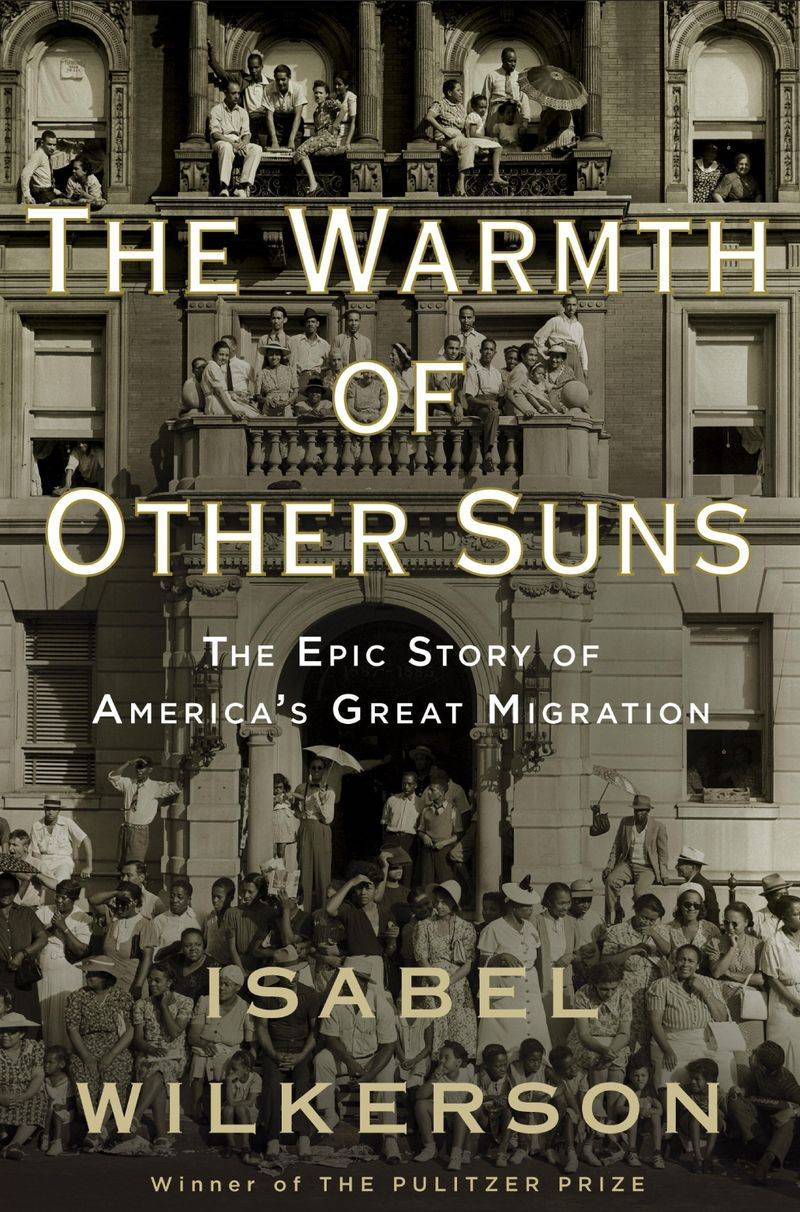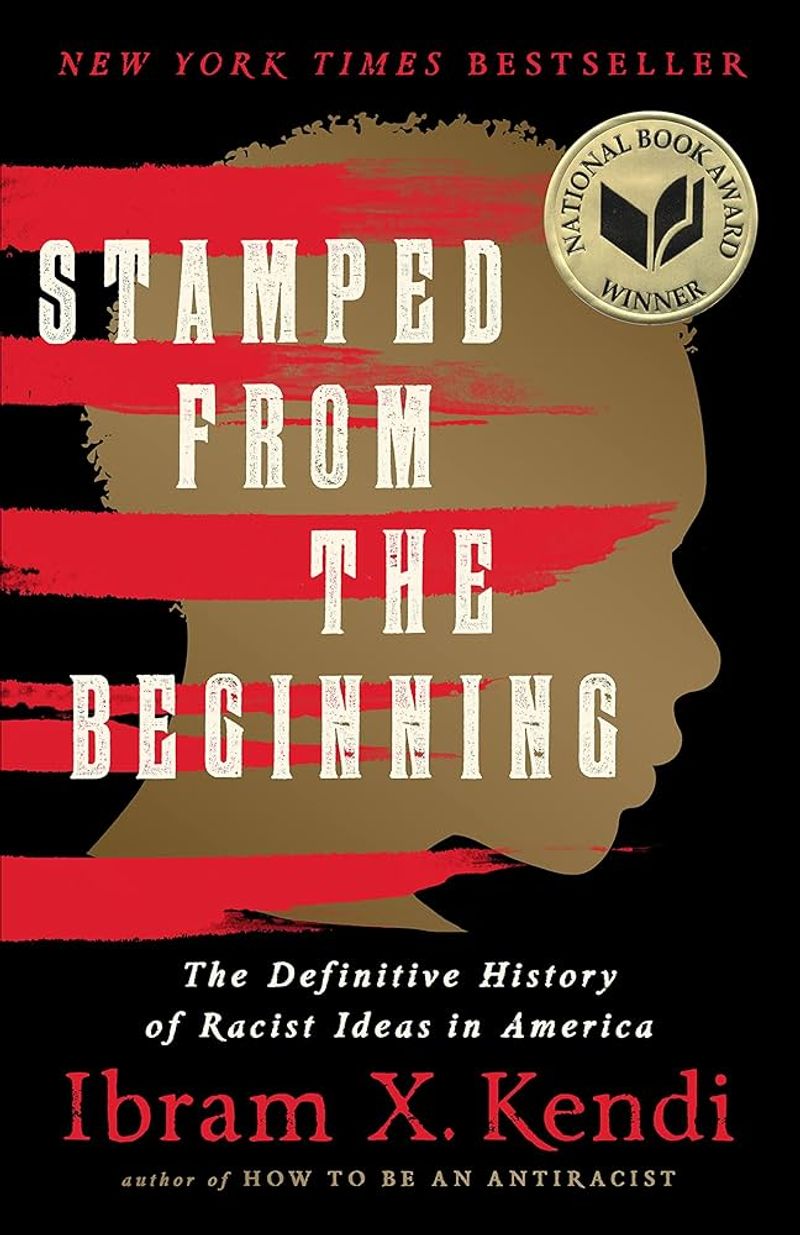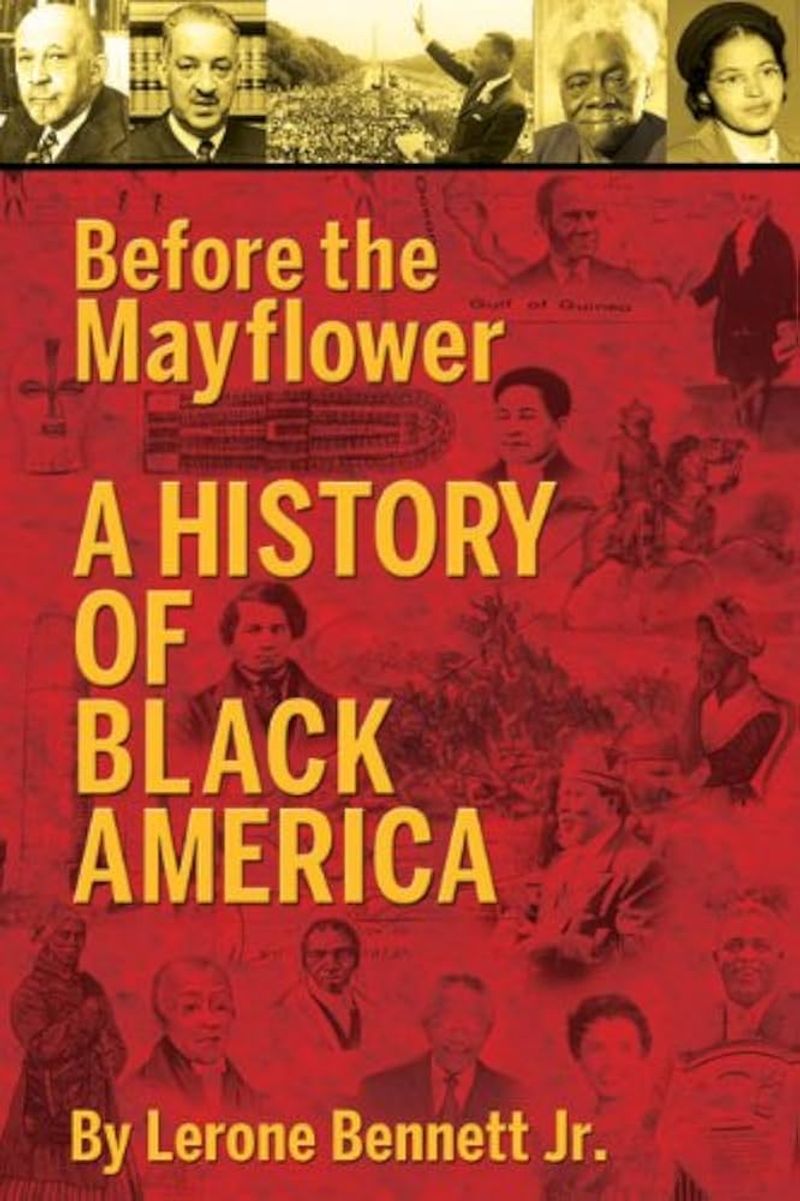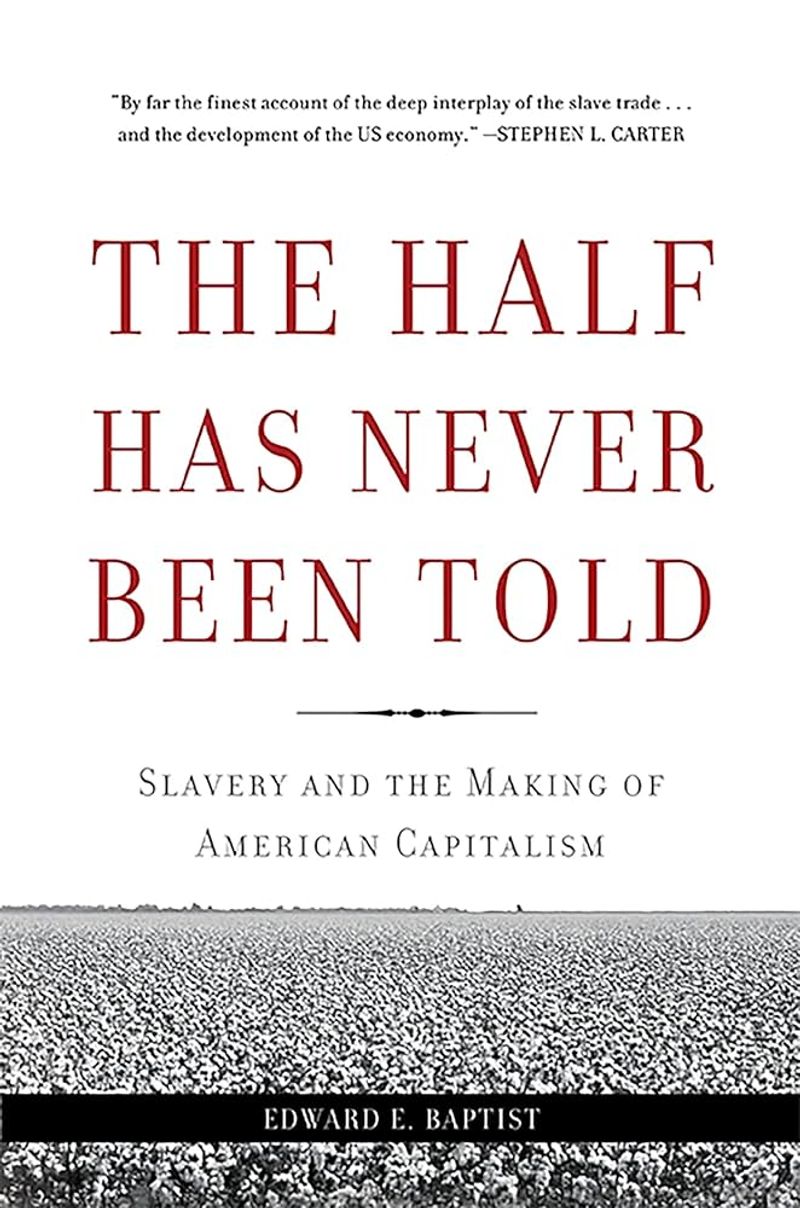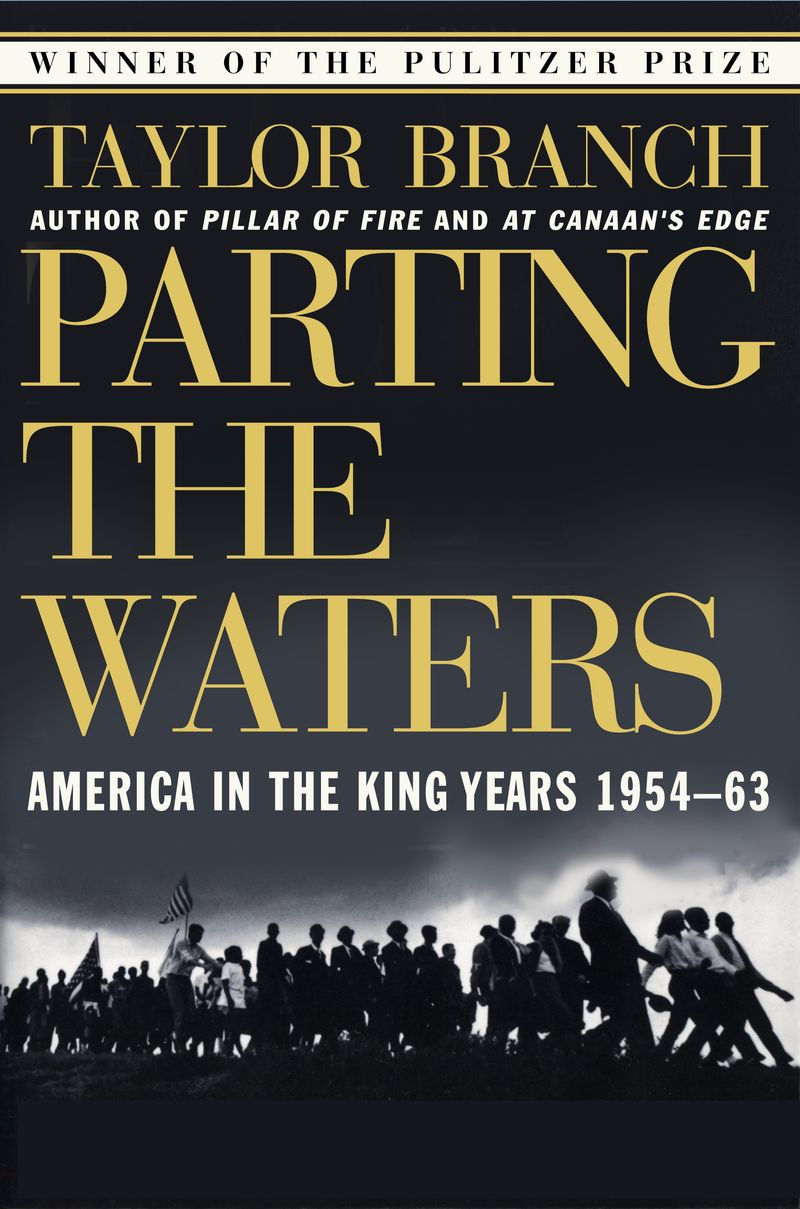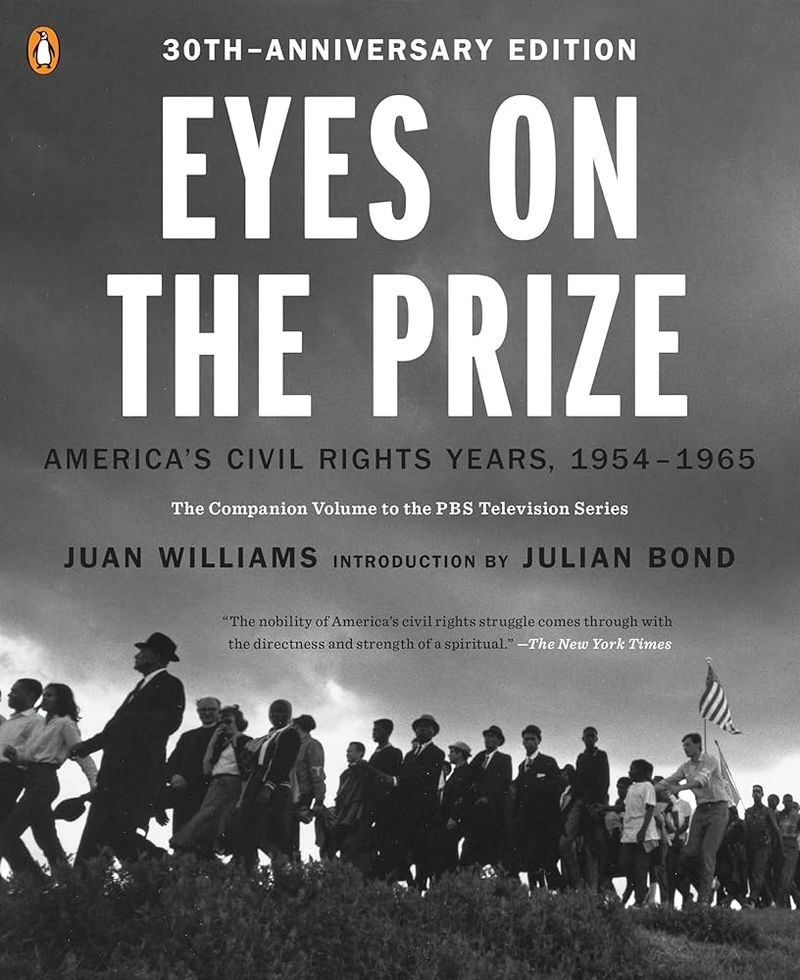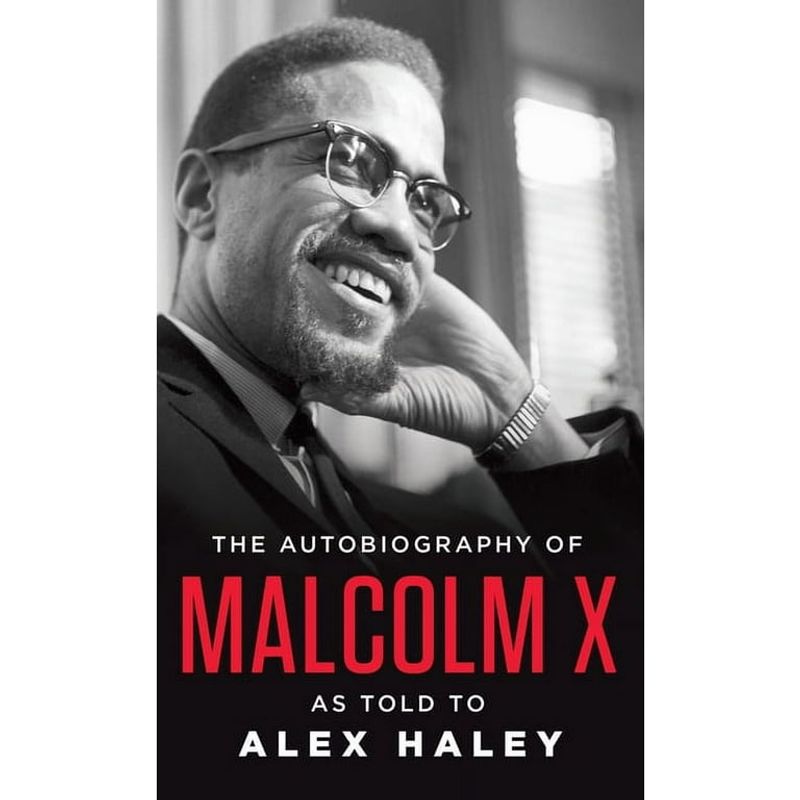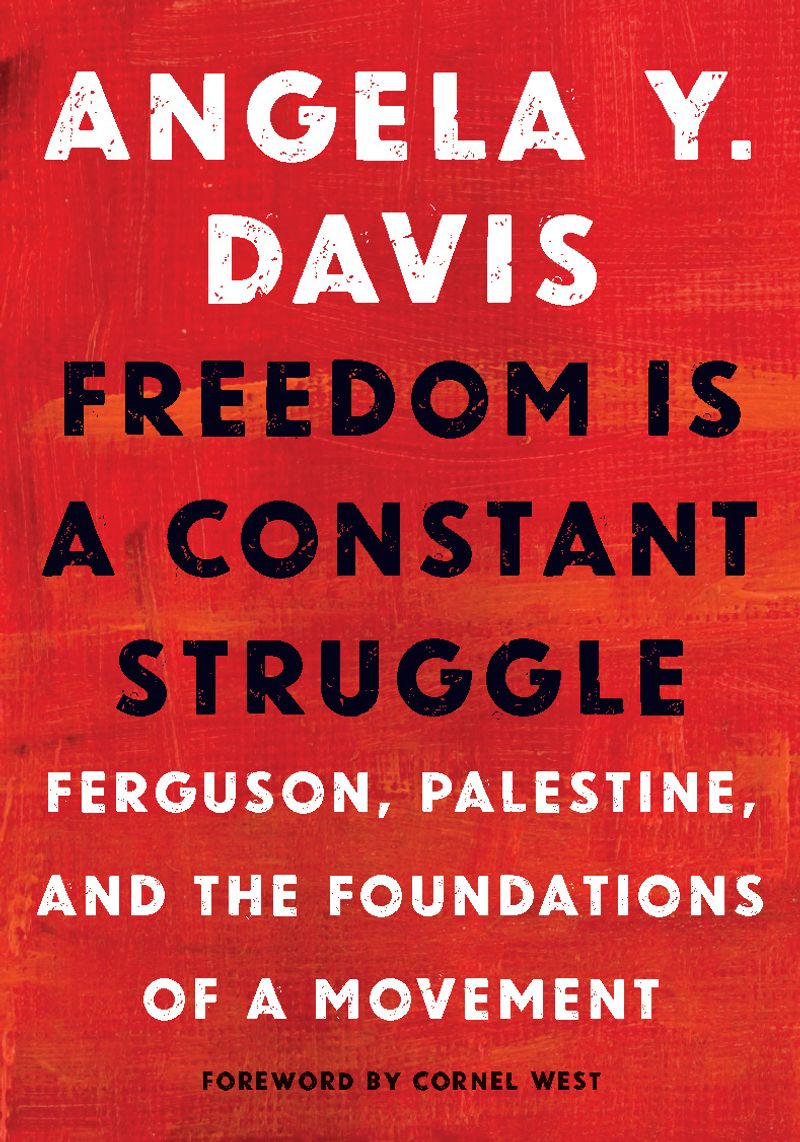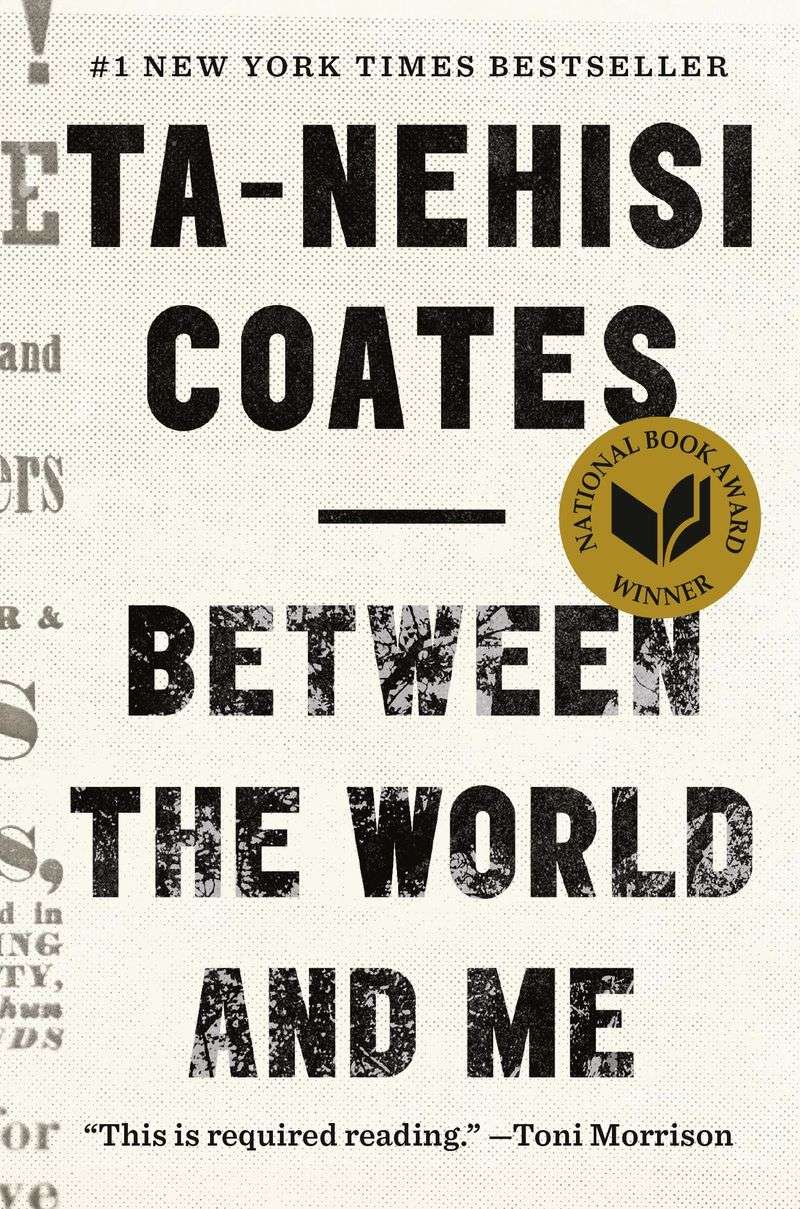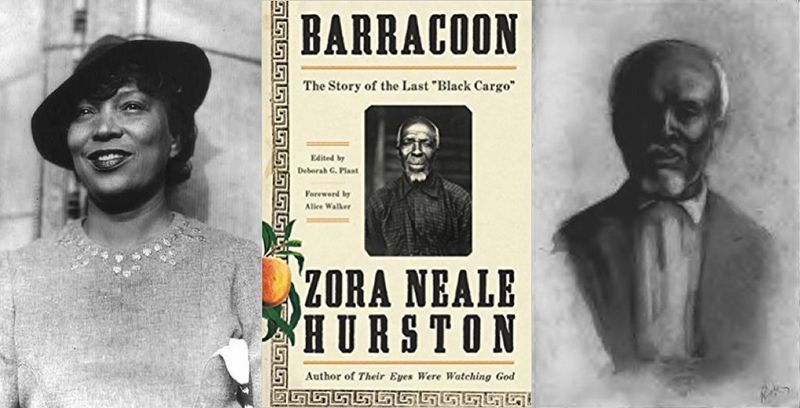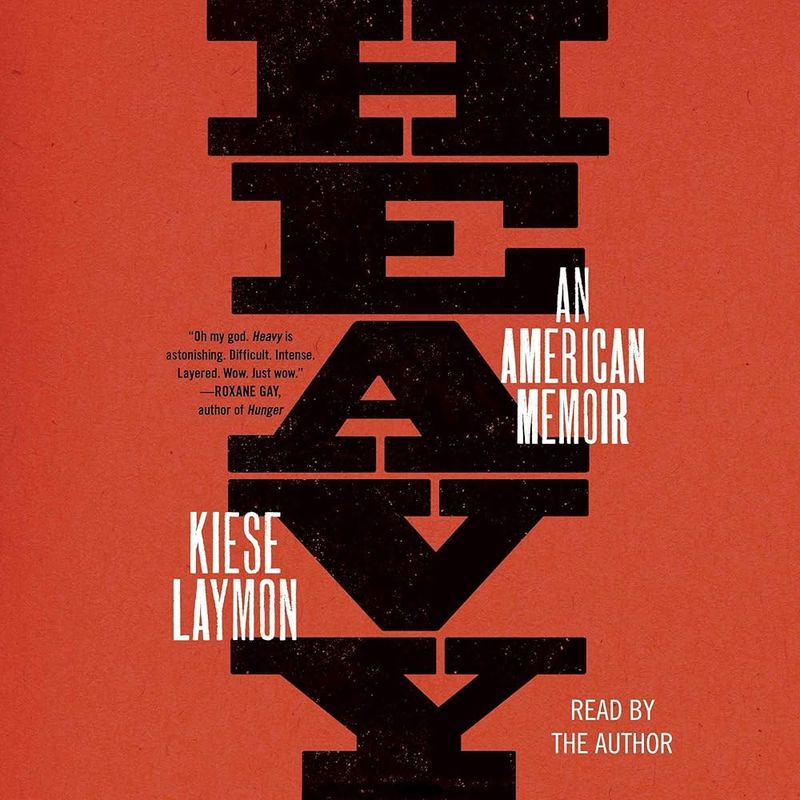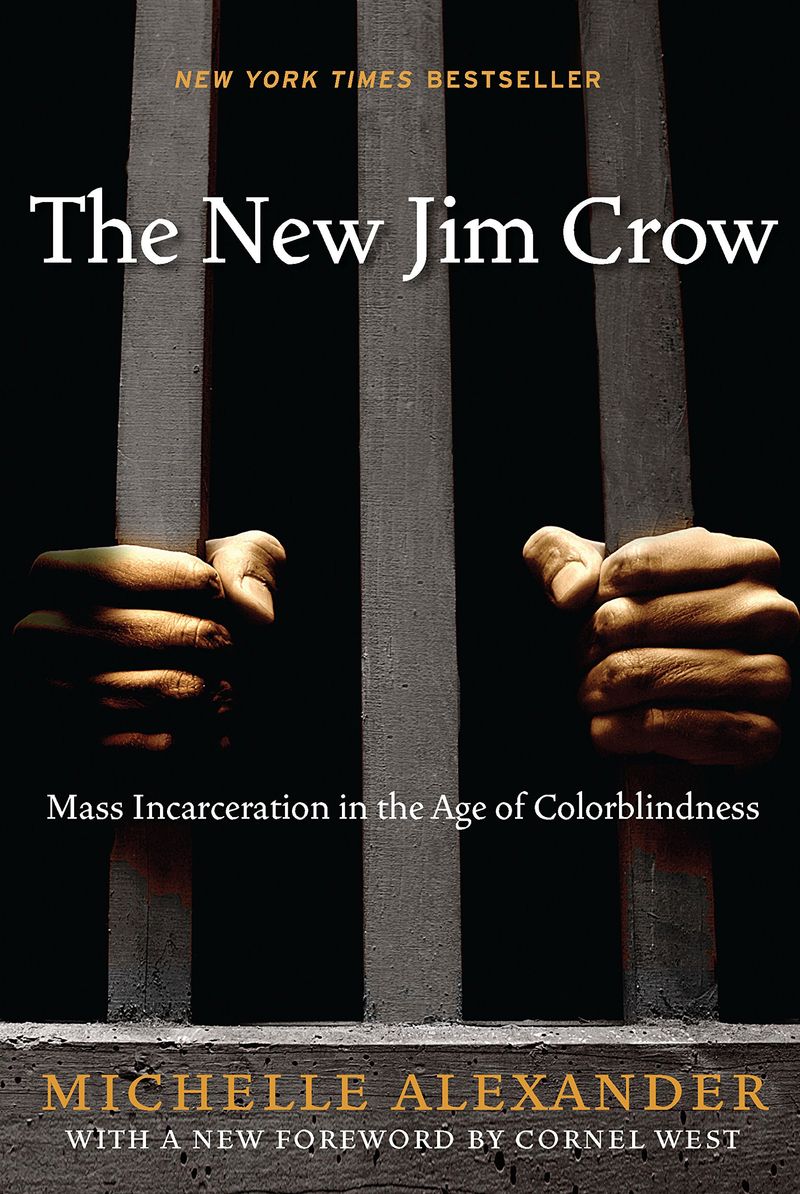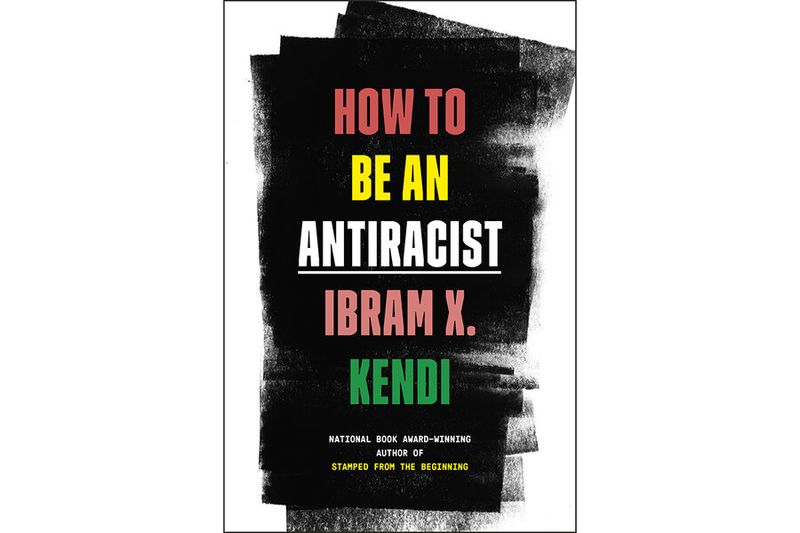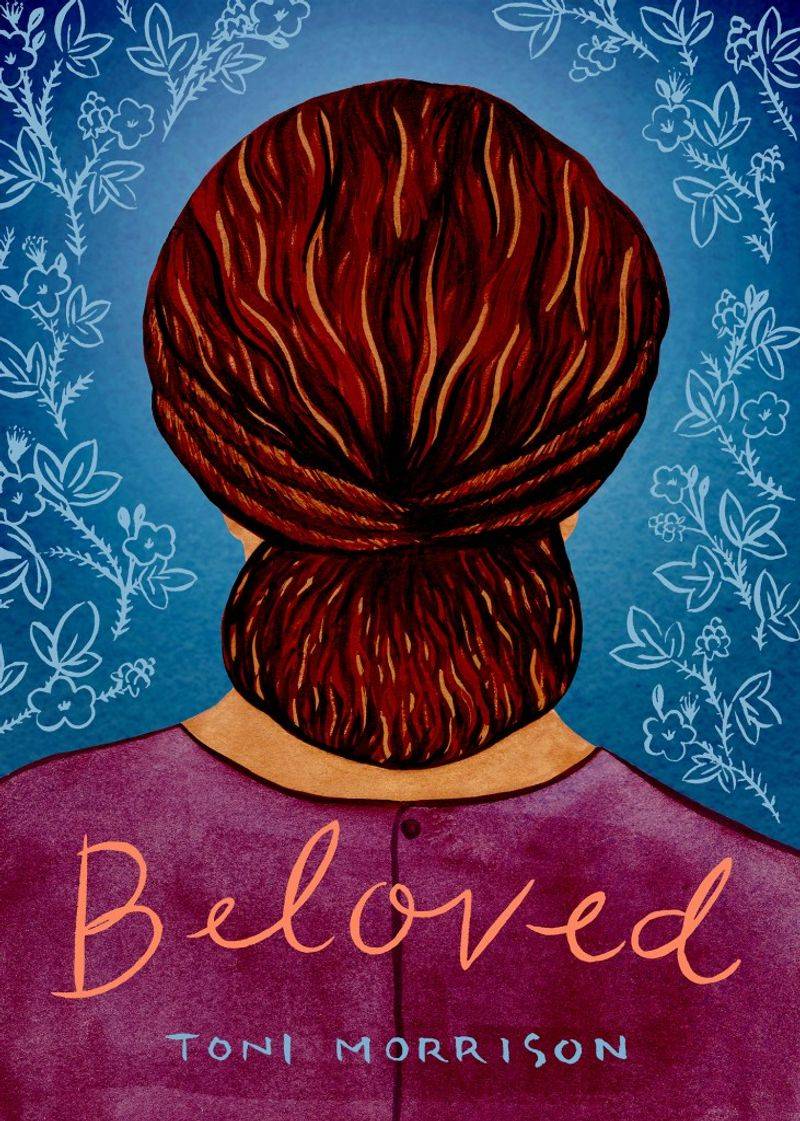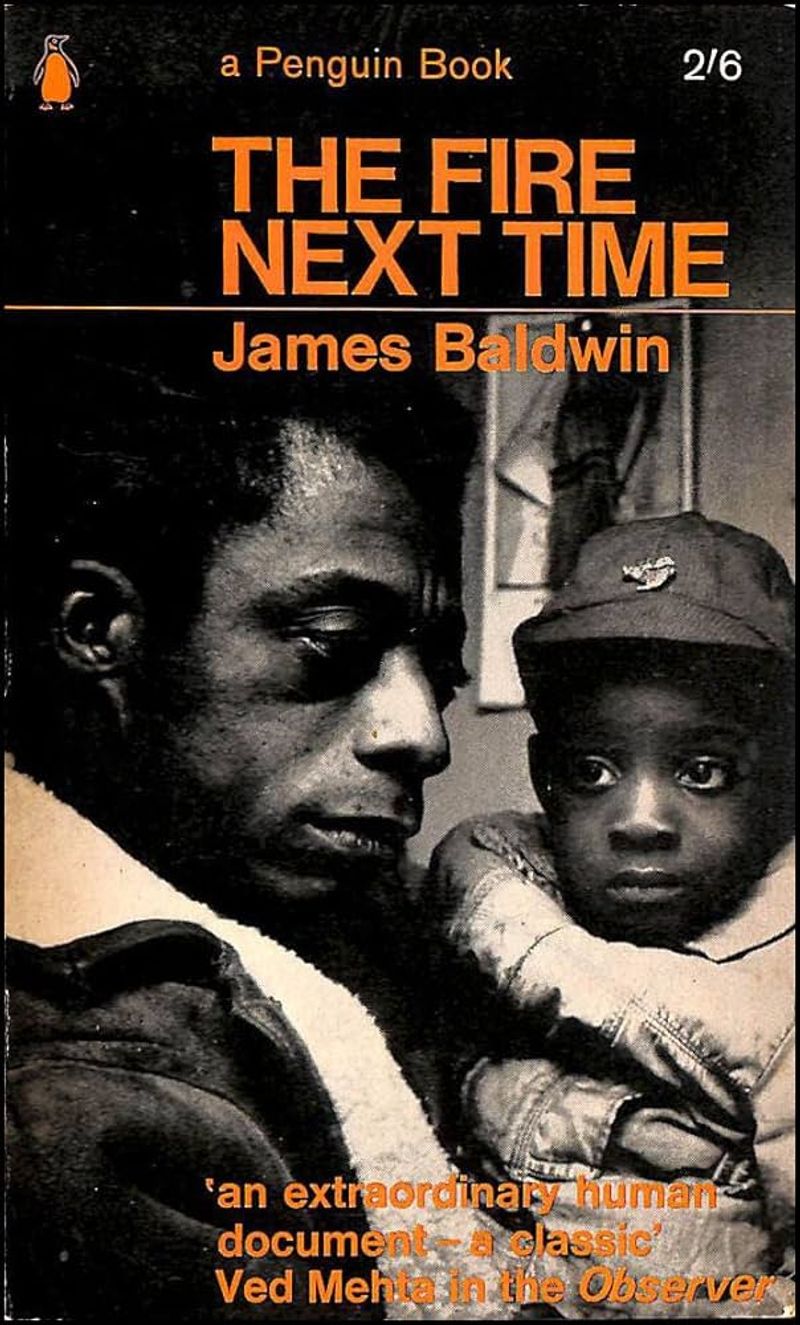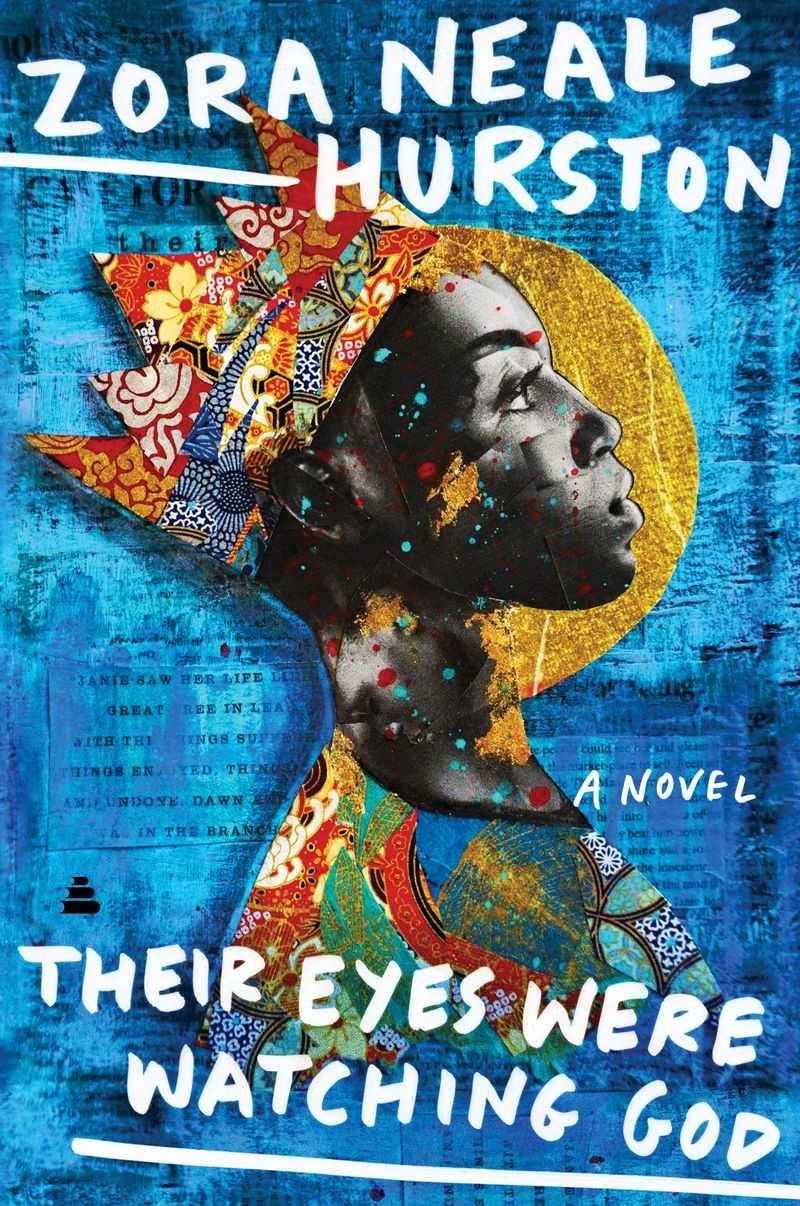Explore the profound impact of Black history through these 17 transformative books. Each book offers a unique perspective that will deepen your understanding of America’s past and present, challenging preconceived notions and inspiring change.
1. The Warmth of Other Suns – Isabel Wilkerson
In a narrative that reads like a novel, Isabel Wilkerson chronicles the Great Migration’s sweeping impact. Through the lives of three individuals, Wilkerson paints a vivid picture of this mass exodus of African Americans from the Jim Crow South to the North and West. Their stories unveil the resilience and courage that reshaped America. Did you know that over 6 million moved, seeking better lives? This migration not only transformed cities but also altered American culture, politics, and society. Wilkerson’s work brings clarity and empathy to an often overlooked era of U.S. history.
2. Stamped from the Beginning – Ibram X. Kendi
Ibram X. Kendi’s “Stamped from the Beginning” is a rigorous examination of how racist ideas have permeated American society. Kendi dismantles prevalent narratives, revealing the origins and persistence of racial discrimination. Through historical analysis and vivid storytelling, he exposes the ideologies that have justified inequality from America’s earliest days. Kendi’s work is a call to action, urging readers to confront these deeply ingrained beliefs. By understanding the misconceptions of the past, we can pave the way for a more equitable future. Kendi combines scholarly depth with engaging prose, making complex ideas accessible.
3. Before the Mayflower – Lerone Bennett Jr.
Lerone Bennett Jr.’s “Before the Mayflower” unveils the rich tapestry of African American history. From ancient African civilizations to the Civil Rights Movement, Bennett covers nearly 500 years of resilience and cultural evolution. His work challenges the conventional narratives taught in schools, offering a more inclusive perspective. Bennett’s engaging style and thorough research make this book a cornerstone for anyone seeking to understand America’s multifaceted history. Did you know his title implies African Americans’ history predates the Pilgrims? This book is a testament to the enduring legacy and contributions of Black Americans.
4. The Half Has Never Been Told – Edward E. Baptist
Edward E. Baptist’s compelling narrative explores how slavery was integral to America’s economic ascendancy. He reveals the brutal realities of forced labor and how it fueled the nation’s prosperity. Baptist combines personal stories with economic analysis, offering a fresh perspective on slavery’s legacy. His work challenges readers to rethink the connection between America’s wealth and its history of exploitation. Did you know cotton was once America’s largest export? This book is a moving account that highlights the human cost behind economic growth, urging us to confront uncomfortable truths about our past.
5. Parting the Waters – Taylor Branch
Taylor Branch’s “Parting the Waters” is an exhaustive examination of Martin Luther King Jr. and the Civil Rights Movement. Spanning the years 1954-1963, Branch provides an intimate look at key figures and events that shaped the era. His meticulous research and narrative storytelling bring this tumultuous period to life. Branch explores the complexities of leadership, strategy, and the moral struggle for justice. Did you know this book won the Pulitzer Prize? It’s a definitive work that captures the spirit of a movement that changed America, offering insights into the ongoing struggle for civil rights.
6. Eyes on the Prize – Juan Williams
Juan Williams’ “Eyes on the Prize” serves as a compelling companion to the iconic PBS documentary. Williams chronicles the history of the civil rights movement, from the Montgomery bus boycott to the Voting Rights Act. His vivid storytelling and interviews with key participants provide a comprehensive view of the fight for equality. Williams captures the passion and perseverance that fueled the movement. Did you know this book is considered a must-read for understanding American social change? It’s an essential resource for anyone seeking to grasp the complexities of racial justice and resistance in America.
7. The Autobiography of Malcolm X – as told to Alex Haley
Malcolm X’s autobiography, as narrated to Alex Haley, is a powerful account of transformation and Black nationalism. From his troubled youth to his emergence as a leading voice in the Nation of Islam, Malcolm X’s story is one of redemption and change. His blunt, insightful reflections on race, power, and identity challenge readers to confront uncomfortable truths. Did you know Malcolm X’s pilgrimage to Mecca altered his worldview? His autobiography is a seminal work that continues to influence discussions on race and justice, offering a profound look into the life of a revolutionary leader.
8. Freedom Is a Constant Struggle – Angela Y. Davis
Angela Y. Davis’s book connects historical struggles with contemporary movements like Black Lives Matter. She explores themes of oppression and resistance, linking past and present battles for justice. Davis’s insights are both timely and timeless, offering a roadmap for activism and systemic change. Her work highlights the interconnectedness of global struggles for freedom and equality. Did you know Davis was once on the FBI’s most-wanted list? Her book is a call to action, urging readers to engage with the ongoing fight against racism and oppression. Davis’s voice is both authoritative and inspiring.
9. Between the World and Me – Ta-Nehisi Coates
Ta-Nehisi Coates writes a profound letter to his teenage son, exploring the realities of being Black in America. Coates’s lyrical prose and candid reflections offer a poignant look at race, history, and identity. He delves into the personal and political, weaving his own experiences with broader societal issues. Coates’s work is a heartfelt exploration of love, fear, and hope. Did you know this book won the National Book Award? It’s a deeply personal narrative that resonates with readers, challenging them to consider the world through Coates’s eyes and grapple with America’s racial legacy.
10. Barracoon – Zora Neale Hurston
Zora Neale Hurston’s “Barracoon” unveils the harrowing story of Cudjo Lewis, one of the last known survivors of the transatlantic slave trade. Through his voice, Hurston brings to light the brutal realities of slavery and the enduring strength of the human spirit. Her empathetic approach and vivid storytelling capture Lewis’s memories, offering a rare glimpse into a dark chapter of history. Did you know this manuscript was kept unpublished for decades? Hurston’s work is a testament to resilience and the importance of preserving untold stories, providing a powerful connection to the past.
11. Heavy – Kiese Laymon
In “Heavy,” Kiese Laymon delivers a raw, honest memoir about race, trauma, and growing up in the American South. Laymon’s narrative is a poignant exploration of family, identity, and the weight of societal expectations. He writes with vulnerability and strength, laying bare his struggles with body image, addiction, and self-worth. Laymon’s prose is both lyrical and unflinching, offering readers an intimate glimpse into his life. Did you know this book received numerous literary accolades? “Heavy” is a powerful reminder of the personal and collective burdens carried by Black Americans, urging empathy and understanding.
12. The New Jim Crow – Michelle Alexander
Michelle Alexander’s “The New Jim Crow” examines how the U.S. criminal justice system perpetuates racial discrimination. Alexander argues that mass incarceration functions as a contemporary racial caste system, disproportionately affecting Black communities. Through meticulous research and analysis, she exposes injustices within the legal system. Did you know one in three Black men can expect to go to prison in their lifetime? Alexander’s work is a call for reform and a deeper understanding of systemic racism. Her book has ignited conversations on racial justice and inspired movements for change, remaining a pivotal work in social justice discourse.
13. How to Be an Antiracist – Ibram X. Kendi
In “How to Be an Antiracist,” Ibram X. Kendi provides a blueprint for fighting systemic racism. Kendi combines personal anecdotes with innovative theories, challenging readers to rethink traditional notions of race. He emphasizes the importance of action, urging individuals to actively dismantle racist structures. Did you know Kendi founded the Antiracist Research & Policy Center? His book is both a memoir and a guide, offering tools for creating a more equitable society. Kendi’s engaging style and profound insights make complex ideas accessible, inspiring readers to become agents of change in their communities.
14. Black Reconstruction in America – W.E.B. Du Bois
W.E.B. Du Bois’s “Black Reconstruction in America” is a groundbreaking work that challenges prevailing narratives about the post-Civil War era. Du Bois highlights the contributions of Black Americans during Reconstruction, emphasizing their pivotal role in shaping democracy. His meticulous research and compelling arguments confront racist historiography head-on. Did you know Du Bois was the first African American to earn a Ph.D. from Harvard? This book is a seminal piece that reshapes our understanding of American history, celebrating the resilience and achievements of Black communities during a transformative period.
15. Beloved – Toni Morrison
Toni Morrison’s “Beloved” is a haunting exploration of the trauma of slavery. Through the story of Sethe, a woman haunted by her past, Morrison delves into themes of memory, identity, and redemption. Her poetic prose and rich characterizations bring the horrors of slavery to life, while also emphasizing the enduring human spirit. Did you know Morrison won the Nobel Prize in Literature? “Beloved” is a powerful testament to the resilience of those who endured unimaginable suffering, offering readers a deeply moving portrait of pain and healing. Morrison’s work remains a cornerstone of American literature.
16. The Fire Next Time – James Baldwin
James Baldwin’s “The Fire Next Time” is a powerful essay collection that examines race, religion, and America’s moral crisis. Baldwin’s eloquent prose and incisive observations challenge readers to confront the realities of racial injustice. He writes with urgency and passion, calling for a deeper understanding of America’s racial divide. Did you know Baldwin’s work inspired generations of activists? His essays are a searing exploration of the American experience, offering timeless insights into the struggle for equality. Baldwin’s voice remains as relevant today as it was when first published, resonating with readers across generations.
17. Their Eyes Were Watching God – Zora Neale Hurston
Zora Neale Hurston’s “Their Eyes Were Watching God” is a seminal work of Black feminist literature. Through the journey of Janie Crawford, Hurston explores themes of love, independence, and identity. Her vivid storytelling and rich dialogue capture the essence of African American life in the early 20th century. Did you know this novel was initially criticized for its portrayal of strong female characters? Hurston’s work is a celebration of self-discovery and resilience, offering readers a profound insight into the human experience. The novel continues to inspire, affirming its place as a classic in American literature.
